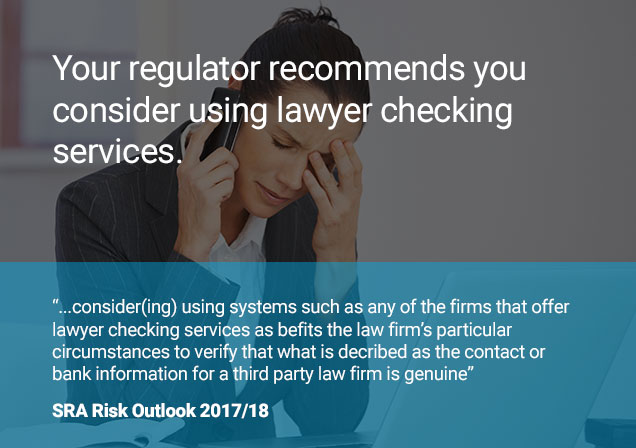Penny Raby, Chairwoman of the Solicitors Sole Practitioners Group speaks about adaptions during lockdown and why sole practitioners are more vulnerable to cyber-crime.
In a recent interview with IASME, Chairman of the Solicitors Sole Practitioners Group, Penny Raby speaks about adaptations during lockdown and why sole practitioners are more vulnerable to cyber-crime. The Solicitors Sole Practitioners Group is a not-for-profit representative body and independent stakeholder group, providing professional and pastoral support, training and regulatory representation on behalf of all Sole Practitioner solicitors in England and Wales. Sole practitioners represent over one third of all solicitor firms in the UK.
Read More















